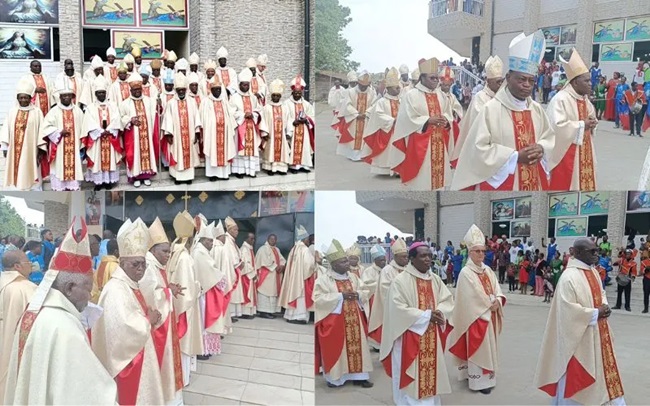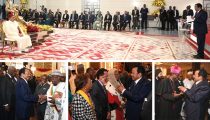30, December 2016
US: Obama under pressure to prove Russian hacking 0
The outgoing administration of US President Barack Obama is under extreme pressure to release evidence confirming allegations of cyber attacks by Russia to influence the presidential election before leaving office.
The Obama administration has only provided little documentation to support its official assessment in October that Moscow was attempting to interfere in the 2016 presidential election. The White House has also failed to confirm subsequent leaks from anonymous officials contending that the CIA believes Moscow’s interference was an attempt by Russian President Vladimir Putin to help President-elect Donald Trump defeat Hillary Clinton.
Obama has ordered the intelligence community to conduct a full review of alleged hacking by the Russians before he leaves office on January 20. The White House has said it will make as much of the report public as it can. But officials have warned that the document will contain “highly sensitive and classified information” and it is unclear how much evidence it will be able to release.
Trump has rejected assertions that the Russian government was involved in the hacks on the Democratic National Committee (DNC) and Clinton campaign chairman John Podesta. Julian Assange, the founder of WikiLeaks, which published the stolen emails, has denied that the Russian government provided the files. The US claim has also been rejected by Moscow.
On Thursday, Obama ordered a series of economic sanctions against Russia, as well as expulsion of 35 Russian diplomats over hacking allegations. “I have ordered a number of actions in response to the Russian government’s aggressive harassment of US officials and cyber operations aimed at the US election,” Obama said in a statement.
According to statements from the White House and the Treasury Department, the sanctions target Russia’s FSB and GRU intelligence agencies, four individual GRU officers, and three companies who allegedly provided support to the GRU, and two Russian individuals for using cyberattacks to cause misappropriation of funds and personal identifying information.
Presstv




























31, December 2016
Donald Trump praises Putin 0
US President-elect Donald Trump has praised “very smart” Russian President Vladimir Putin’s decision not to retaliate Washington’s recent expansion of sanctions against Moscow. On Thursday, President Barack Obama ordered a series of new sanctions against Russia as well as the expulsion of 35 Russian diplomats, accusing them of being spies.
However, Putin decided not to expel US diplomats in reprisal, saying he would rather wait to work with the Trump administration to solve the issue. “Great move on delay (by V. Putin) – I always knew he was very smart!” Trump said in a tweet on Friday.
The message soon made the rounds on the internet and was retweeted by the Russian Embassy in the US. The new sanctions came in retaliation for what the White House and the US intelligence community claim to be Russia’s hacks of Democratic operatives and groups during the recent presidential election.
The Central Intelligence Agency (CIA) has reportedly determined in a secret assessment that the Kremlin interfered in the November 8 election to particularly help Trump defeat his Democratic rival Hillary Clinton. Russia and Trump have both denied the accusations, with Putin saying that the US should either provide evidence or stop the allegations.
On Thursday, the FBI and the Department of Homeland Security (DHS) provided technical details about the tools and cyber infrastructure they said Russian civilian and military intelligence services used for the hack attack, code named Grizzly Steppe.
The document said the cyber attack was carried out to “compromise and exploit networks and endpoints associated with the US election, as well as a range of US government, political, and private sector entities.” However, it did not mention by name the Democratic National Committee (DNC) and Clinton’s campaign chairman John Podesta, whose emails were hacked and released during the campaign.
WikiLeaks, the anti-secrecy website that published the emails, has made it clear that a whistle-blower inside the DNC was behind the leaks and Russia had nothing to do with them. Obama’s move in slapping new sanctions on Russia was hailed by Republican heavyweights like Senators Lindsey Graham and John McCain. Trump, however, criticized the US claims and said it was time to “move on.”
Presstv